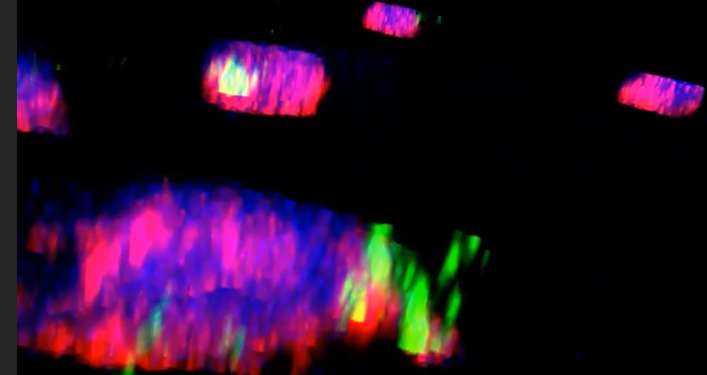
Roche unravel biomarker for checkpoint blockade
Researchers at Swiss pharma giant Roche AG have found a subpopulation of dendritic cells to determine how cancer patients respond to immune checkpoint inhibitors.
In Science Translational Medicine, Christian Klein and Wei Xu at Roche Innovation Center Zurich in Schlieren and Basel report clinical data from 244 patients underscoring how certain dendritic cell subpopulations may guide the future use of checkpoint inhibitors in immunoncology.
First author Maud Mayoux and colleagues demonstrated that dendritic cells – which initiate immune responses from T cells – serve as crucial targets for PD-L1 checkpoint inhibitors. Roche’s therapeutic anti-PD-L1 antibody atezolizumab disrupted the interaction between the PD-L1 protein and its receptor, B7.1 (CD80), on the surface of peripheral and tumour-associated dendritic cells overexpressing XCR1, IRF8, BATF3 and FLT3. This disruption allowed B7.1 to instead bind preferentially to the proinflammatory CD28 receptor on T cells, hypothesise the researchers, thus boosting their antitumor capabilities.
Mayoux et al. also studied tumor samples from 188 patients with lung cancer and 56 patients with kidney cancer who were treated with atezolizumab. They saw that patients with the longest survival times showed stronger activity of genes related to the activity of dendritic cells. The scientists, who have filed for patent protection of their results believe that determining the abundance of dendritic cells (DCs) in a tumor tissue sample may be used for selection of cancer patients that respond to blockers of the PD-1 axis.


 ©FabienMalot
©FabienMalot Lonza Group
Lonza Group Vetter Pharma
Vetter Pharma